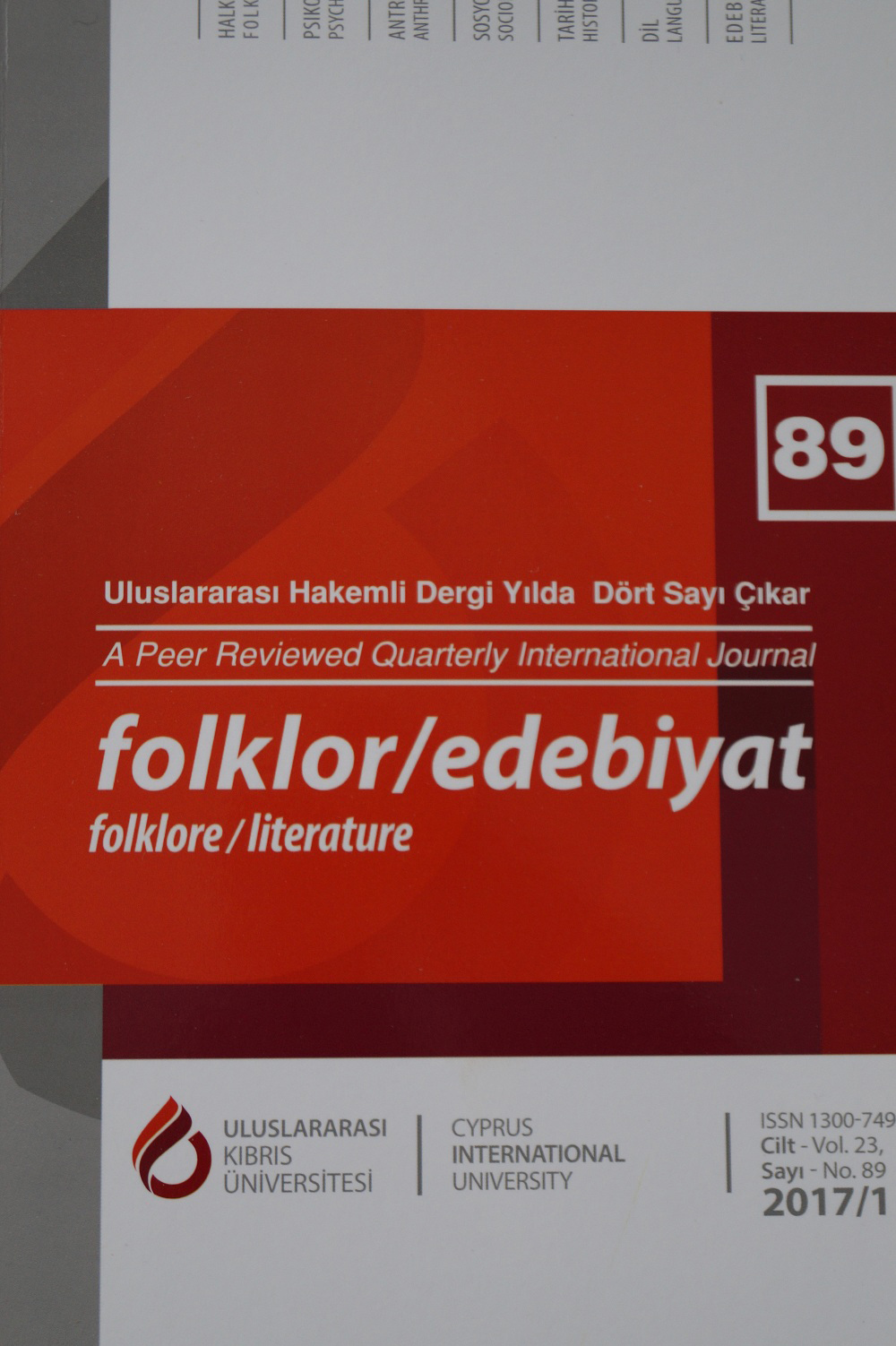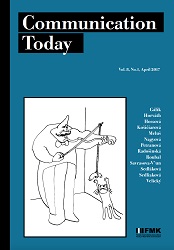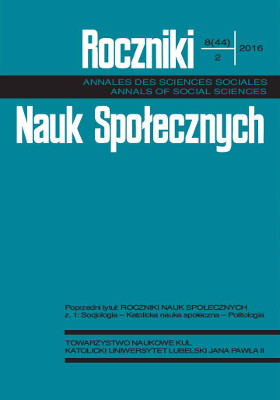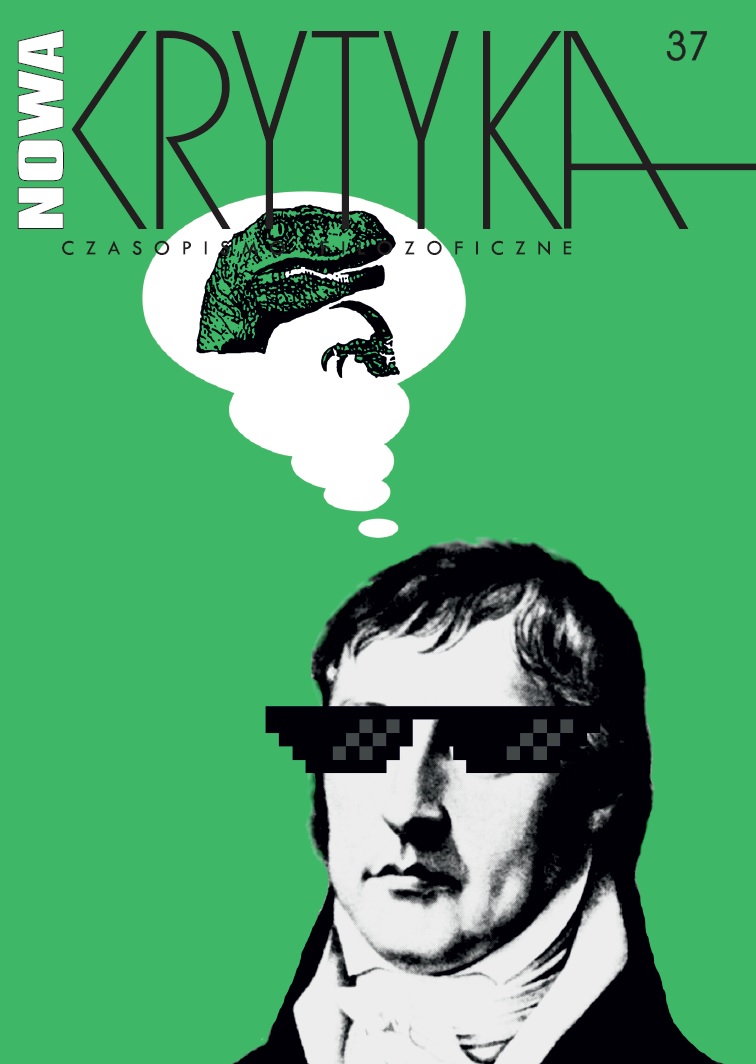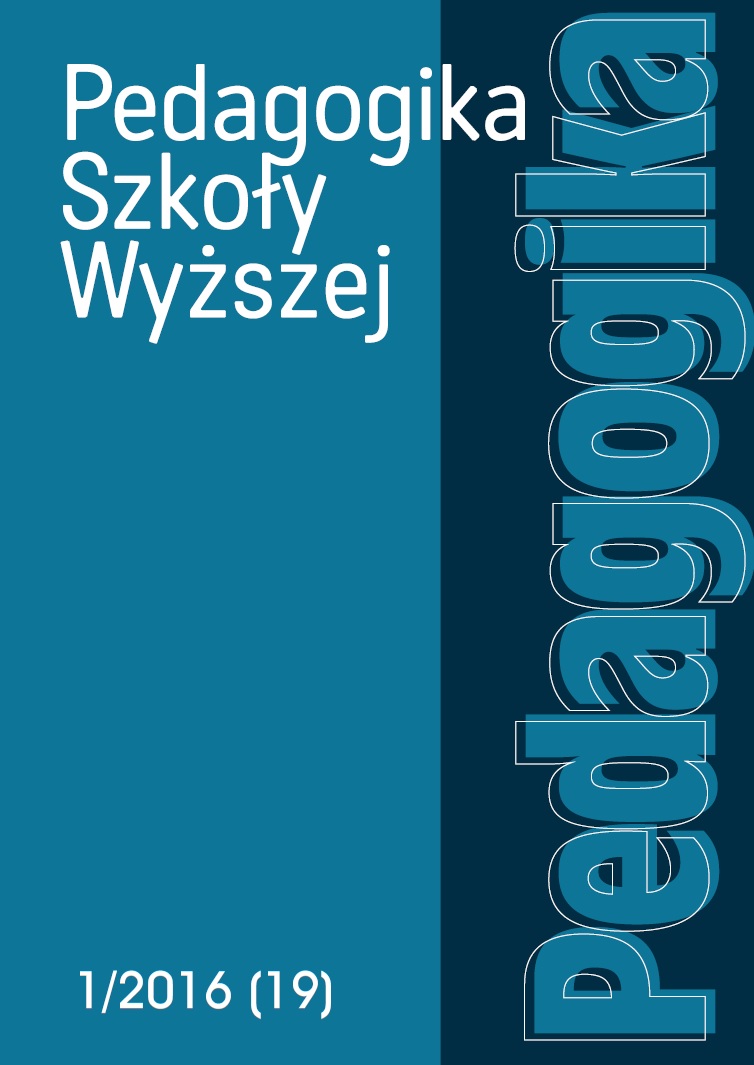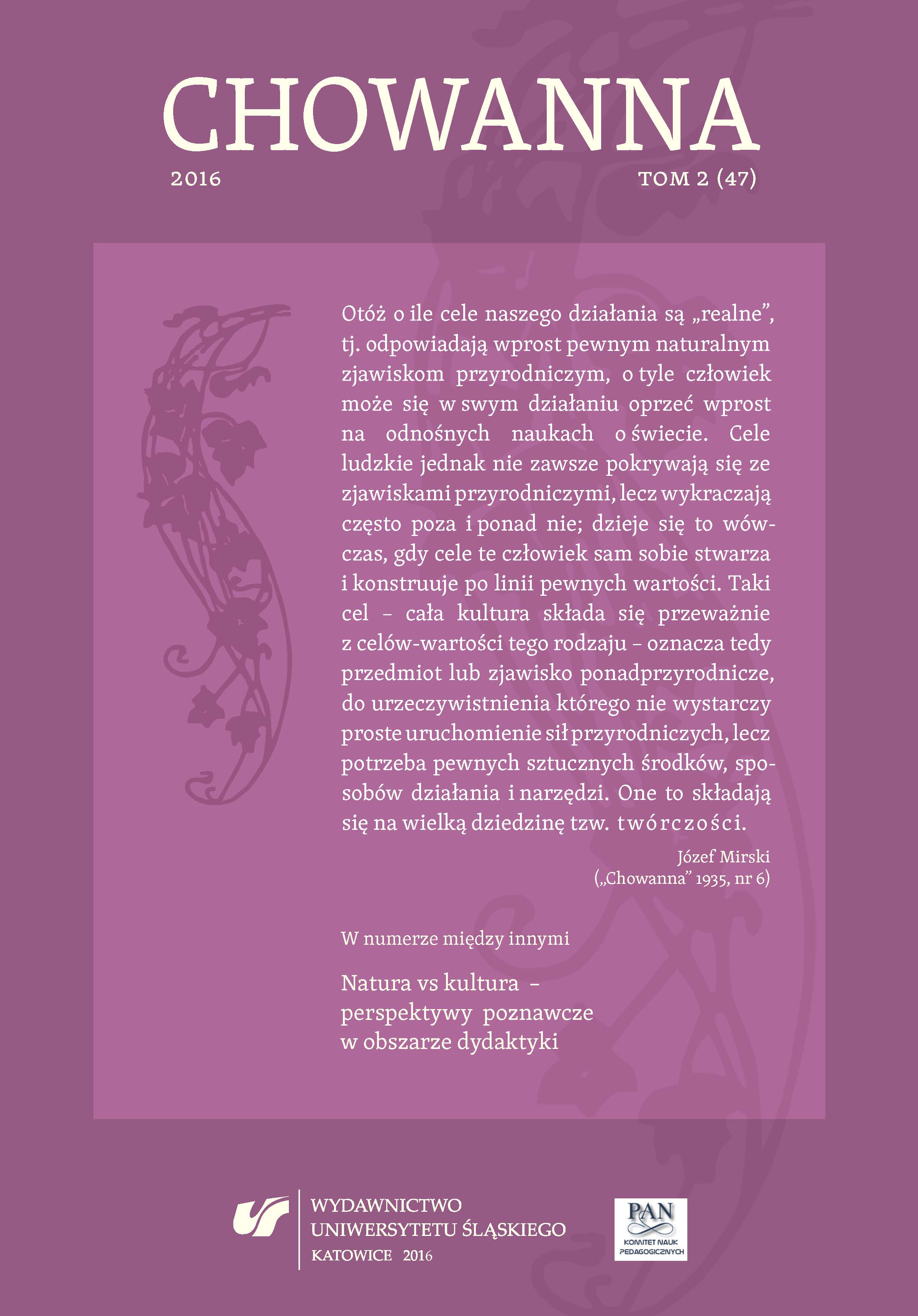Evgeny Preobrazhensky and His Attempt to Renewal the Social-Economic Thought
In presenting the unfolding of the Economic Thought during decades and centuries, in order to fillthe gaps in this holistic vision, or to highlight some aspects in time and space, we found it necessaryto evidence one of these moments. It is about the third decade of the 20th century, in USSR,starring in the spotlight the thinker and politician Evgeni Alekseyevich Preobrazhensky (1886-1937).He was the thinker, in the troubled period after Lenin‟s death and Stalin‟s rising, by tryingbackground and imposing of so-called New Economic Policy (NEP), but very well to be understoodas The New Economics. Better said, he tried to find theoretical features to support this policy,which emerged and was implemented in the early Bolshevik years after WWI in Russia/USSR. Theimportant ideas and measures stipulated by Preobrazhensky resist decades and are still valuable inour days.The study of Preobrazhensky‟s writings must be done, either in the context of his doctrinalera, including famous thinkers as Alfred Marshall or John Maynard Keynes and in the context oftoday‟s approach on Political Economy
More...
